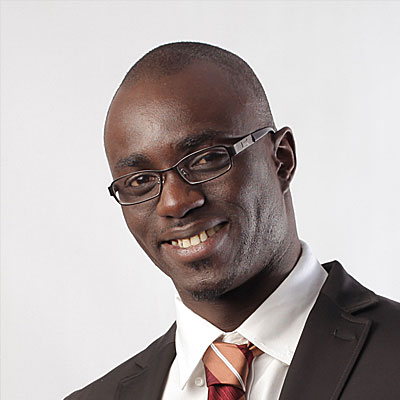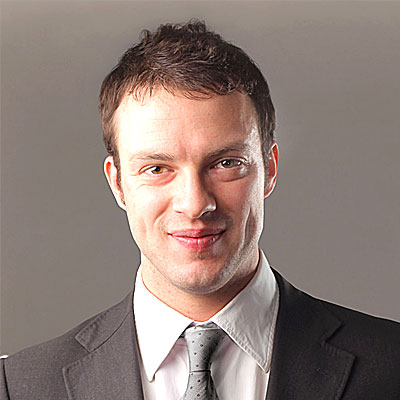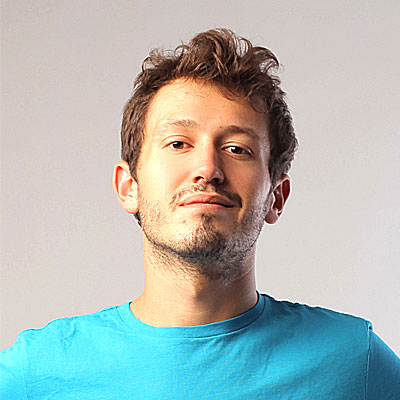History of the Diocese
THE DEVELOPMENT OF THE NATIVE CLERGY
The above has been a rather fleeting, sketchy overview of the birth of Lokoja diocese and the development of its hierarchy. Now we need to sketch the development of the indigenous clergy in Lokoja diocese from 1955 till date.
When the Prefecture of Kabba was created in 1955 any semblance of local content in terms of the clergy was only in an embryonic stage in the persons of Alexius O. Makozi and Joseph Ohieku, who were then still studying for the priesthood. That means, as it is suggestive above, that the Prefecture started off with a presbyterium and hierarchy that were wholly missionary and foreign.
However, it was the understanding of the Canadian Spiritans that their mandate was to nurture the new ecclesiastical jurisdiction to maturity by developing a native clergy that would eventually take over administration of the diocese. Today we can say they succeeded in their assignment, for the clergy is today totally native. But with the benefit a 2020 hindsight we can equally say the process was slow, and at times, painful, as the following will show.
As at 1972 when Bishop A. Delisle handed over to the first indigenous bishop in the person of Bishop A.O. Makozi, only a paltry number of six native priests (A. Makozi, J. Ohieku, late L. Mofolorunsho, late J. Ajomo, late J.J. Onotu, and J. Onaiyekan) had joined the presbyterium of Lokoja diocese. The appointment of Alexius Makozi as auxiliary bishop and bishop of Lokoja was part of the current of indigenization efforts of the Vatican that saw the appointments of several native bishops in Nigeria. (Besides Bishop A. O. Makozi six others were appointed auxiliary bishops in 1971, namely, Archbishop E. Ekpu, Bishop M. O. Fagun, Archbishop F. Alaba, Bishop E. S. Obot, Anthony Cardinal O. Okojie, and Bishop J. E. Ukpo). Be that as it may, the appointment of Bishop Makozi, a pioneer member of Lokoja native clergy, in 1972 as the bishop of Lokoja was more than a significant historical movement in the development of the needed indigenization and enculturation of the Catholic Faith and the clergy, for it served as the beginning proper of the movement towards the establishment of a local church properly understood.
Between 1972, when Bishop Makozi became the bishop of Lokoja and 1992 when he handed over to Bishop Ajomo, no less than sixteen native priests (Anikoh, Bello, Olorunmolu, Sasa, Akinyemi, Ehusani, Megbelayin, A. Akande, Late C. Daudu, Fowoyo, Fanaiye, Balogun, Ododo, Ohuei, Ogunleye, and Obanure), not to mention two priests not ordained for Lokoja Diocese (P. Oladele and S. Ajagbe). Correspondingly, the number of foreign priests in the diocese had dwindled; in fact only one was left at the time Bishop Ajomo took over the administration of the diocese in May of 1992.
Up till the time of Bishop Ajomo’s episcopacy, all native priests ordained for Lokoja diocese were indigenes of the diocese. Bishop Ajomo commenced in 1995 the persification of the presbyterium of Lokoja diocese with the priestly ordination of Francis Okudaje, originally from Delta state; and since then four more have joined the presbyterium, and likely more will join in the future. This development appears to agree with the social mix in Lokoja town itself, the seat of the bishop, popularly called a town of no man’s land. For good measure, some will argue that Lokoja is a mini Nigeria. The presbyterium under Bishop Ajomo saw additional twenty-three native priests, without counting about eight priests who are not ordained for Lokoja diocese. I should mention also, that the monopoly that Ebira and Owe seemed to enjoy in the presbyterium has been effectively checked as almost every section of the diocese has representation in the presbyterium. At this juncture, we remember and pray for the ten native priests, who have since joined the Church Triumphant, namely Frs. L. Mofolorunsho, C. Daudu, E. Ikubolaje, J. J. Onotu, E. Lawal, G. Ibiyemi, G. Ohuei, B. Anikoh, and J. Bello, J. Ohieku . May they rest in peace.
Bishop Olorunmolu began his episcopacy as the fourth bishop of Lokoja. As at the time of his ordination and installation we could count on forty priests, four of whom are in mission lands (Late Bishop A. Makozi now bishop emeritus of Port Harcourt(Alive then), Archbishop J. Onaiyekan now John Cardinal Onaiyekan, Late J. Bello(he was alive then and on mission in Archdiocese of Abuja), and Fr. J. Dukiya). Since Bishop Martin came in as the fourth bishop of the Catholic Diocese of Lokoja, we have twenty-three priests added to the presbyterium of the diocese. With the number of the deacons to be ordained today to priesthood, the presbyterium will be blessed with more members.
To God be the glory.
 Guy Wilkins
Guy Wilkins Larry Reed
Larry Reed Roxanne Holland
Roxanne Holland Bridget Kennedy
Bridget Kennedy Sally Mendoza
Sally Mendoza